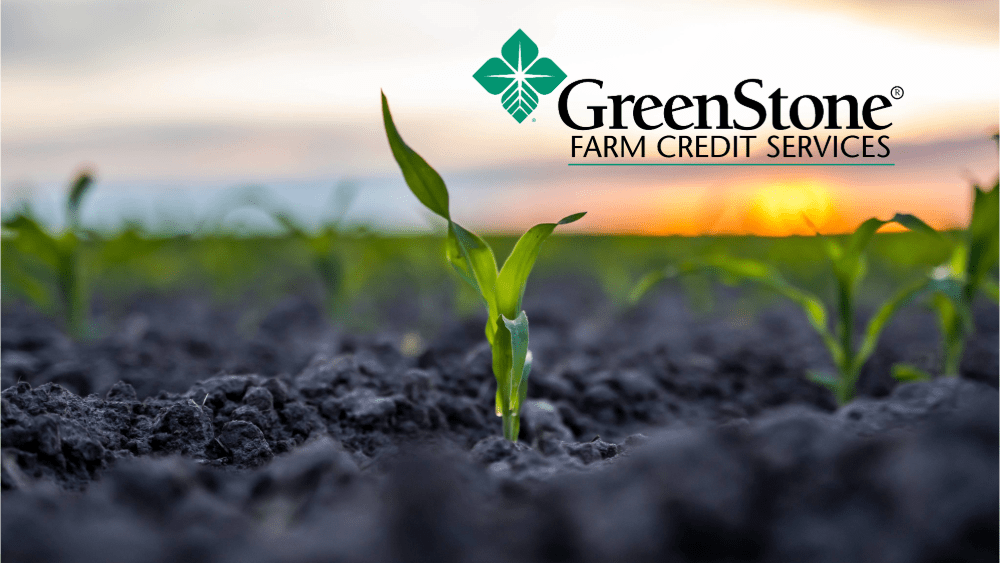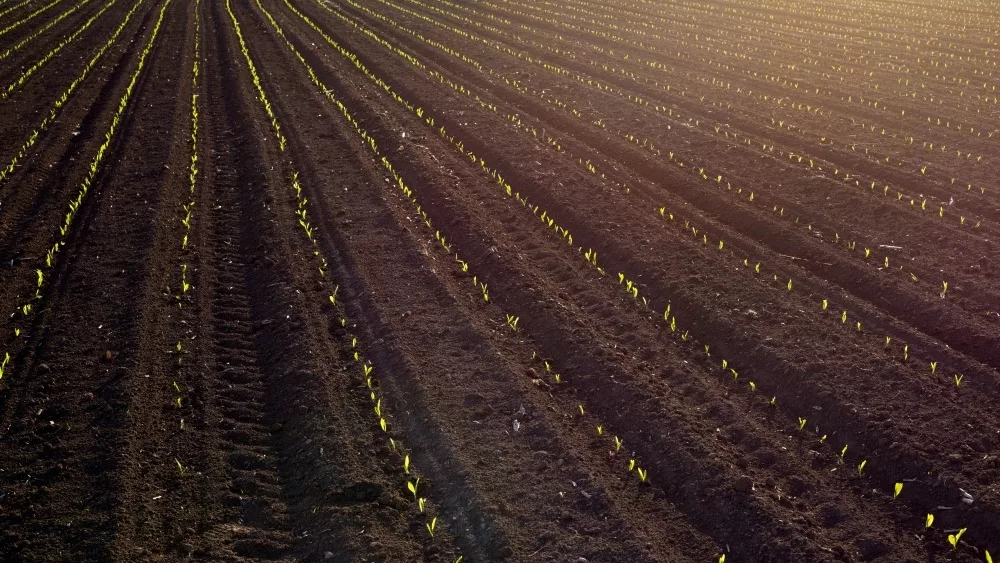
Retail food prices increased by 3.5 percent in 2021, equal to the rate in 2020 and greater than the historical annual average of 2.0 percent from 2000 to 2019. Of the 12 food categories depicted in the chart, six showed slower price increases in 2021 compared with 2020. Dairy products and fresh vegetables, in particular, had significantly slower price increases in 2021 than 2020 and their historical averages.
Dairy product prices increased at 1.4 percent in 2021 versus 4.4 percent in 2020 and fresh vegetable prices increased by 1.1 percent compared to 2.6 percent is 2020. Conversely, prices in six food categories increased in 2021 at a faster rate than in 2020 as well as in years prior. Prices for fresh fruits, for instance, increased 5.5 percent in 2021 compared to a 0.8-percent decrease in 2020 and a 1.6-percent average increase over the prior 20 years.
Inflationary pressures differ by food category. For example, meat prices, which rose the most of any included product groups, have been driven up by strong domestic and international demand, high feed costs, and supply chain disruptions. Winter storms and drought impacted meat prices in the spring, and processing facility closures due to cybersecurity attacks affected beef and other meat production in May.
USDA, Economic Research Service (ERS) researchers project that prices for food-at-home, or food purchased typically from grocery stores or other food stores, will increase between 1.5 and 2.5 percent in 2022, lower than the 3.5-percent increase that occurred in both 2020 and 2021. Forecasts for all food categories for 2022 are available in ERS’s monthly Food Price Outlook data product, updated January 25, 2022.





